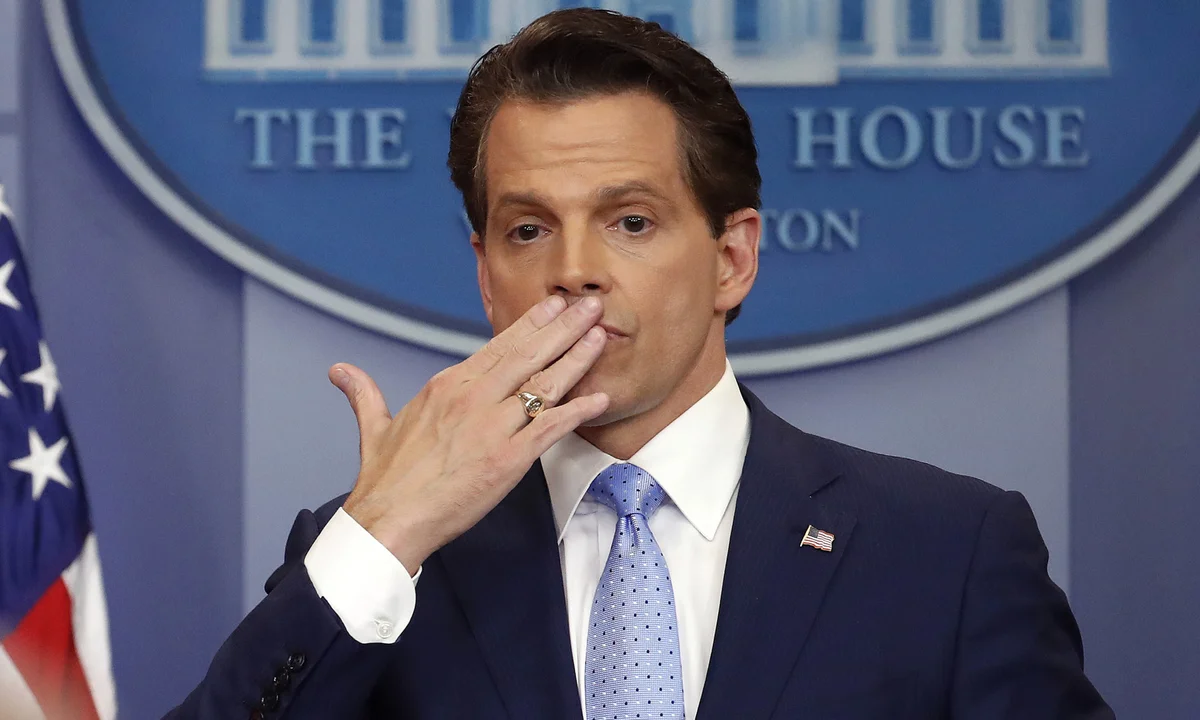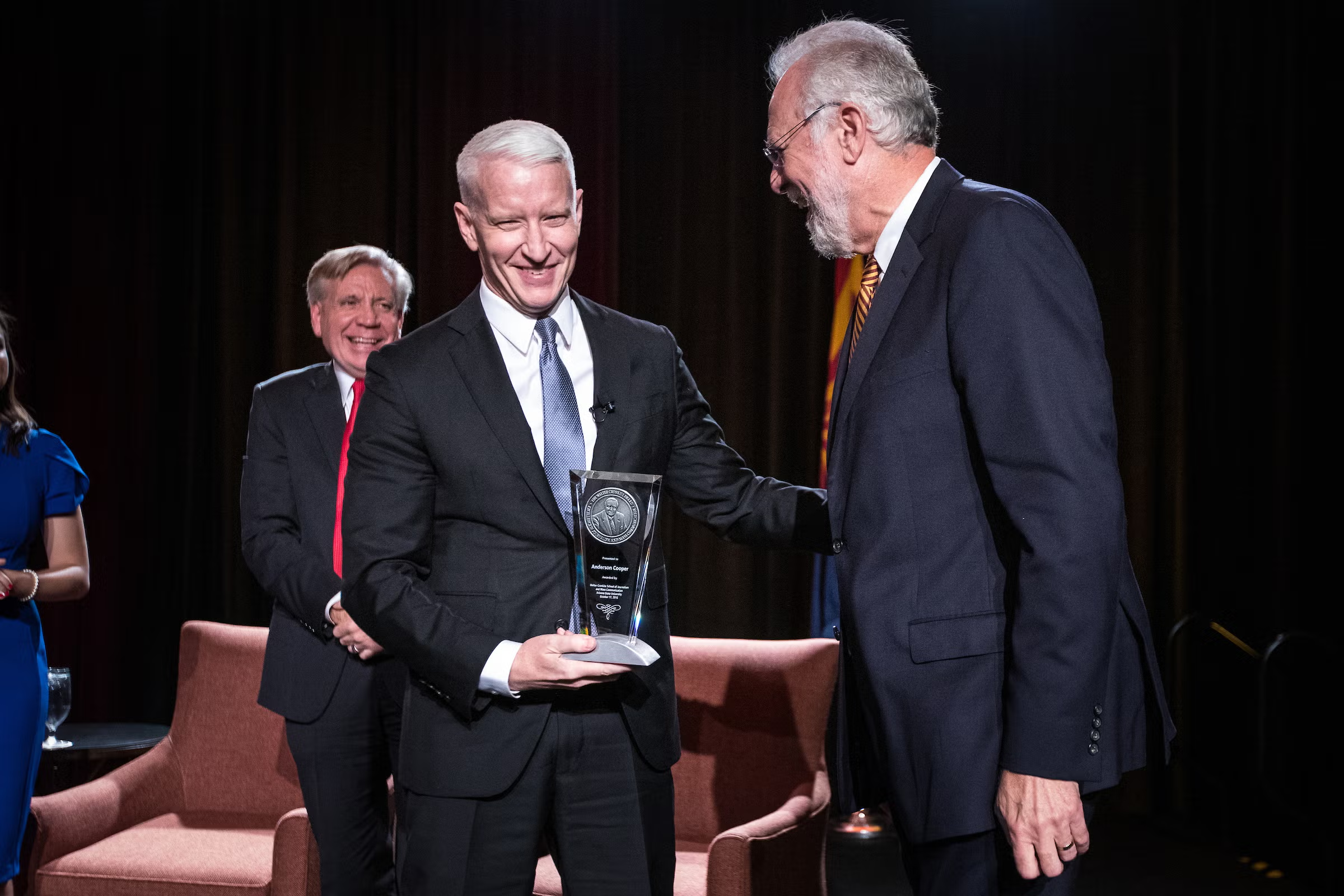In an increasingly interconnected world, staying informed about global politics is more important than ever. Whether you’re a student, entrepreneur, professional, or simply a curious citizen, understanding international affairs helps you make informed decisions, engage in meaningful conversations, and see the bigger picture of how global events impact local realities.
But with an overwhelming amount of information (and misinformation) out there, how do you keep up without getting lost or burned out? Here are the best ways to stay informed about global politics in 2025—smart, balanced, and stress-free.
1. Follow Trusted News Outlets
Start with reputable sources that have a strong record of journalistic integrity and international coverage. These outlets employ correspondents around the world and offer deep insights into complex geopolitical issues.
Top Global News Sources to Follow:
- BBC News (UK)
- Al Jazeera English (Qatar)
- Reuters (International, unbiased wire service)
- The Guardian (UK)
- The New York Times (USA)
- Foreign Policy and The Economist (analysis-oriented)
Tip: Subscribe to a few newsletters or mobile apps for daily or weekly digests.
2. Listen to Global News Podcasts
Podcasts offer an accessible, on-the-go way to stay current on global politics. Many are hosted by seasoned journalists and political analysts who break down complex issues in digestible episodes.
Recommended Podcasts:
- The World Next Week (Council on Foreign Relations)
- Pod Save the World
- The Global Dispatches
- Worldly (Vox Media)
- BBC Global News Podcast
Tip: Listen during your commute, workout, or while doing chores—it’s multitasking for your brain.
3. Use News Aggregator Apps
News aggregators pull content from multiple sources and customize your feed based on preferences, giving you a diverse view of world events.
Best Aggregator Apps:
- Google News
- Feedly (for custom RSS feeds)
- Pocket (to save articles for later)
Tip: Balance your feed by including both global and regional perspectives.
4. Watch International TV News Networks
Sometimes, seeing events unfold on screen offers better context. International news channels provide in-depth analysis, live updates, and on-the-ground footage.
Top Channels:
- BBC World News
- Al Jazeera English
- DW News (Germany)
- France 24 (France)
- NHK World (Japan)
- CGTN (China, state-sponsored—use for perspective, not as a sole source)
Tip: Rotate your sources to reduce media bias and gain broader perspectives.
5. Read Geopolitical Analysis and Think Tank Reports
If you’re looking for deeper, more detailed insights into global issues, foreign policy, or economic diplomacy, turn to think tanks and research centers.
Top Think Tanks to Follow:
- Brookings Institution (USA)
- Chatham House (UK)
- Council on Foreign Relations (CFR) (USA)
- Carnegie Endowment for International Peace
- European Council on Foreign Relations (ECFR)
Tip: Sign up for newsletters or alerts on topics that interest you—like climate policy, trade wars, or international security.
6. Engage with Global Communities on Social Media
When used responsibly, social media platforms can help you follow breaking news, track international voices, and engage in global discourse.
How to Do It Wisely:
- Follow verified journalists, diplomats, and foreign correspondents on X (formerly Twitter), LinkedIn, or Threads.
- Use Reddit communities like r/worldnews, r/geopolitics, or r/Ask_Politics for discussions and insights.
- Follow hashtags like #GlobalNews, #Geopolitics, or #ForeignAffairs.
Caution: Always fact-check information and avoid spreading unverified claims.
7. Use Global Political Maps & Data Platforms
Visual learners benefit from interactive maps and data dashboards. These tools show real-time geopolitical shifts, conflicts, economic trends, and diplomatic developments.
Great Platforms:
- World Bank and IMF dashboards
- UN News and ReliefWeb (for global development and humanitarian updates)
- Stratfor and Geopolitical Futures (for geopolitical forecasting)
- Our World in Data (for global trends with visual context)
8. Take Online Courses and Webinars
If you want to deepen your understanding of global political systems, enroll in free or low-cost online courses. These help you analyze news with more depth and spot historical patterns.
Where to Learn:
- Coursera – Courses from Yale, Stanford, etc.
- edX – Courses from Harvard, Oxford, and others
- FutureLearn – UK-based global education
- YouTube channels like CrashCourse, Caspian Report, or TLDR News
Tip: Focus on subjects like international relations, global economics, or comparative politics.
9. Read International Books and Publications
Books offer long-form, detailed context that daily news often misses. Whether it’s a memoir from a world leader or an analysis of regional conflict, global literature helps you understand why things happen—not just what happened.
Books & Authors to Consider:
- The Post-American World by Fareed Zakaria
- The Cold War by Odd Arne Westad
- Destiny Disrupted by Tamim Ansary
- Prisoners of Geography by Tim Marshall
- The New Map by Daniel Yergin (on energy geopolitics)
10. Stay Curious—and Stay Open-Minded
Global politics is complex. It’s influenced by culture, history, religion, economy, and power dynamics. The more open you are to multiple perspectives, the better you’ll understand the world.
Tips to Keep in Mind:
- Don’t rely on a single news outlet.
- Avoid echo chambers—seek out opposing views occasionally.
- Recognize biases—both in the media and in yourself.
- Stay updated regularly, but give yourself breaks to avoid burnout.
Final Thoughts
Staying informed about global politics doesn’t mean you need to spend hours glued to the news. It means making small, intentional efforts every day to broaden your awareness of the world beyond your borders.
By combining trusted news sources, educational content, social engagement, and analytical tools, you’ll build a well-rounded understanding of international affairs—while staying grounded, informed, and empowered.


